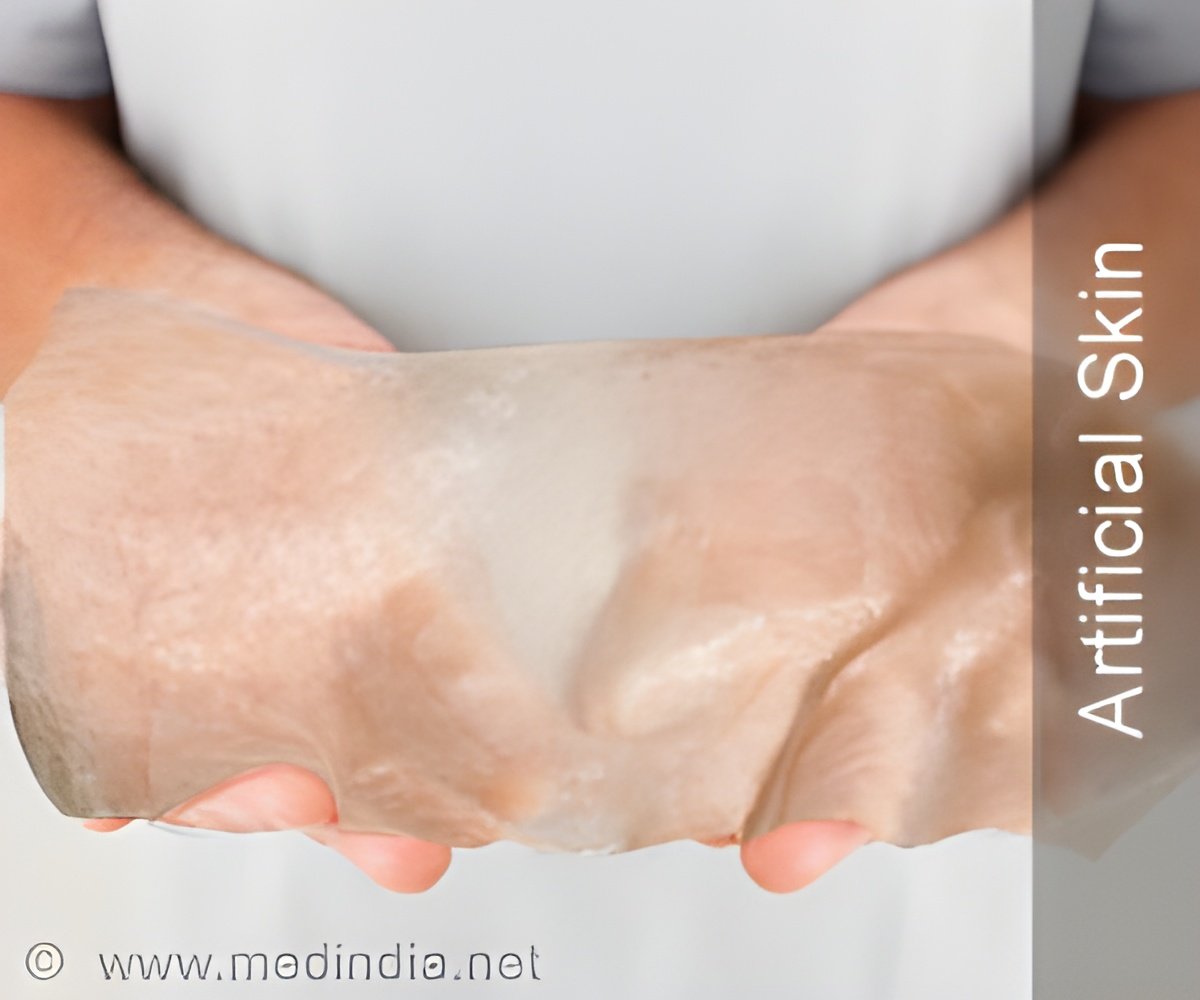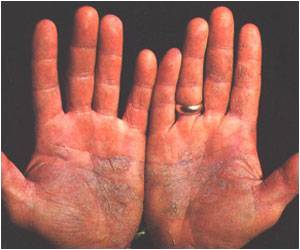New artificial skin developed by scientists can detect temperature changes, and sense touch and humidity

A team of researchers at the Technion-Israel Institute of Technology has successfully created a new sensor, which could render artificial, lab-grown skin as useful as real skin, complete with the ability to sense touch, humidity and temperature differences.
This new ‘skin,’ called the skin, or electronic skin, will prove to be of great use to patients having prosthetic limbs.
The sensor, made up of tiny gold particles and a special kind of resin, will help it sense different stimuli when attached to artificial skin.
Unlike other inventions, this very sensor "can simultaneously sense touch, humidity, and temperature, as real skin can do," team leader of the research, Professor Hossam Haick, explained.
This new system "is at least 10 times more sensitive in touch than the currently existing touch-based e-skin systems,” he added.
The flexible sensors, for application in the real-world, need to be able to detect different measurements (pressure, temperature, humidity etc), run on low voltage and have a low cost.
Combining the intelligent use of gold nanoparticles on a substrate, the sensor can detect a large range of pressures, up to tens of grams.
"Indeed, the development of the artificial skin as biosensor by Professor Haick and his team is another breakthrough that puts nanotechnology at the front of the diagnostic era," Dr Nir Peled, head of the Thoracic Cancer Research and Detection Center at Israel's Sheba Medical Center, commented.
Source-Medindia















